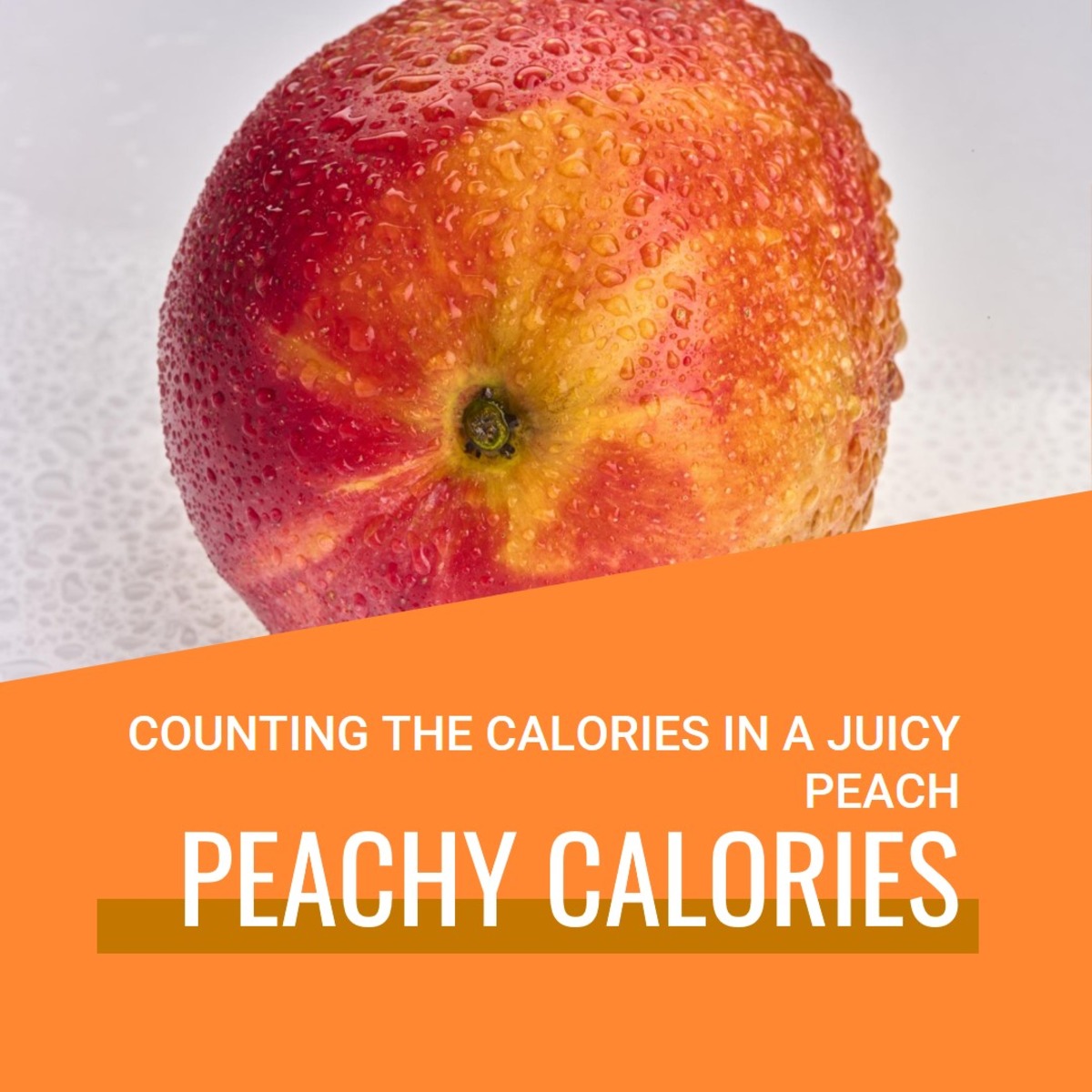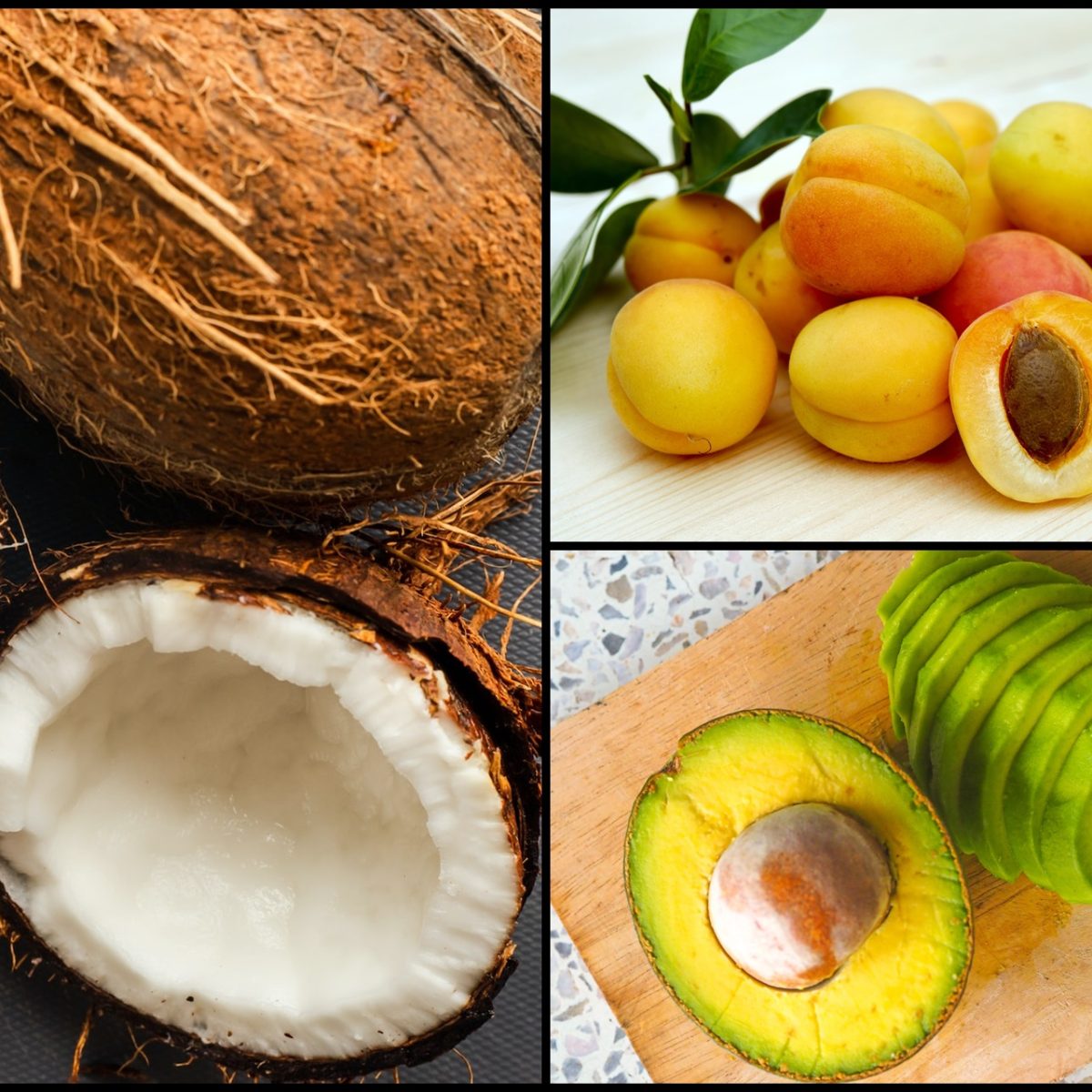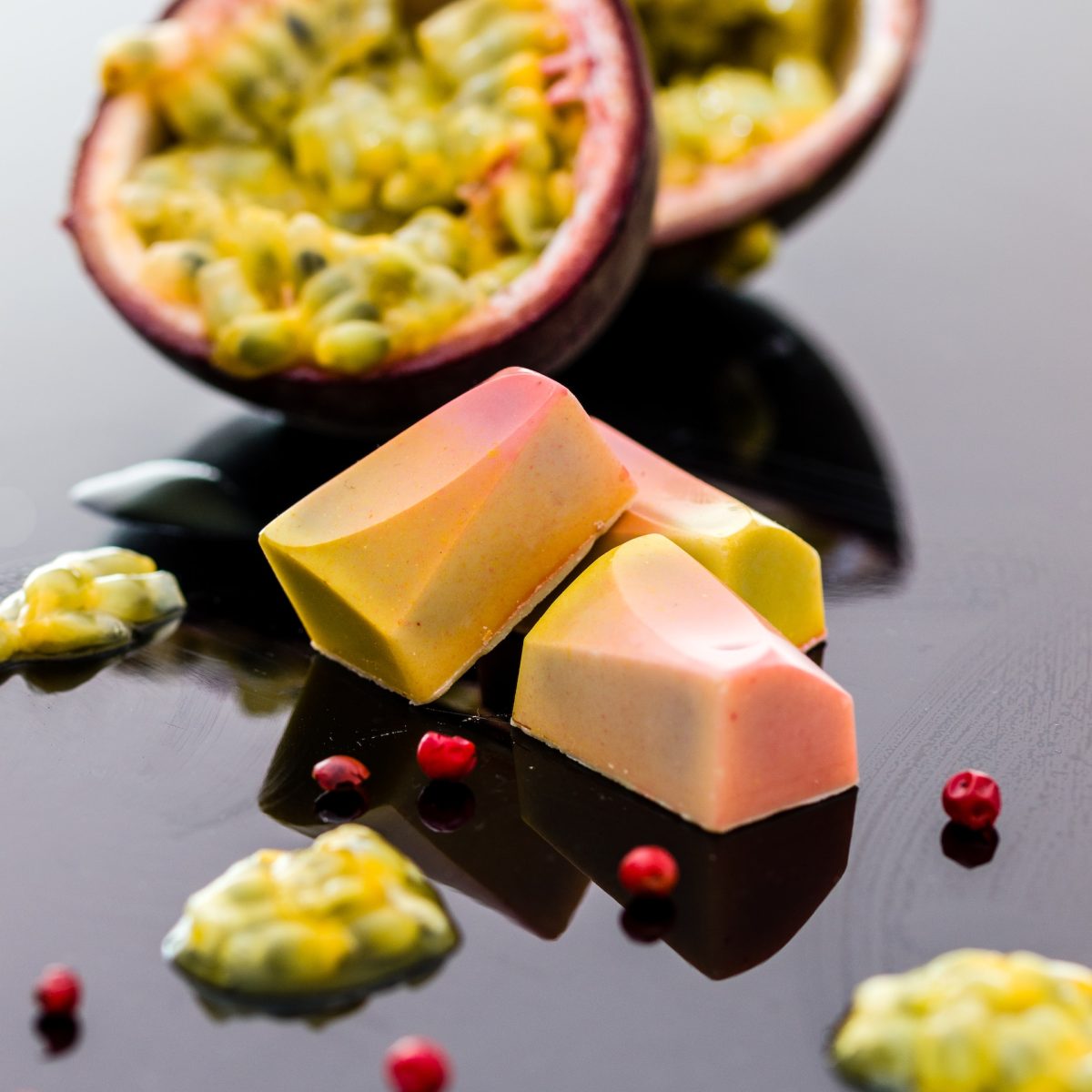Prune juice is a popular beverage that is made from dried plums, or prunes, that have been rehydrated and pureed into a concentrated liquid. Prune juice is widely known for its laxative properties, making it an effective remedy for constipation. Prune juice is also an excellent source of dietary fiber, vitamins, and minerals that promote healthy digestion, improve heart health, lower cholesterol levels, and boost the immune system. Moreover, it has a naturally sweet taste that makes it a refreshing and healthy beverage choice any time of the day.
However, like any other drink, it is essential to know how long prune juice lasts and whether it can go bad. In this article, we will explore the shelf life of prune juice and how to tell if it has gone bad. We will also provide some tips on how to store and preserve prune juice properly.
Key Takeaways
- Prune juice can last up to six months if stored properly in the refrigerator before opening. After opening, it should be consumed within seven to ten days.
- Prune juice can go bad if it is exposed to high temperatures, light, air, or bacteria. Signs of spoilage include a sour or rancid smell, a change in the color and texture of the juice, and the presence of mold or bubbles.
- Prune juice can be frozen to extend its shelf life for up to 12 months. However, freezing may affect the taste and quality of the juice.
How Long Does Prune Juice Last?
The shelf life of prune juice depends mainly on the packaging, storage conditions, and whether it has been opened or not.
Unopened Prune Juice
If the bottle of prune juice has not been opened, it will last longer than opened prune juice. Unopened prune juice can last up to six months if stored correctly in the refrigerator [1]. It is crucial to keep the bottle in a cool, dry place away from direct sunlight and heat sources. Moreover, it is best to store the juice in its original container to prevent contamination and maintain the quality of the juice over time.
Opened Prune Juice
Once you open prune juice, it will start to degrade and lose its nutritional value and flavor. Opened prune juice should be consumed within seven to ten days after opening for the best quality and flavor [2]. The juice will still be safe to drink after this time, but its taste and nutritional value will deteriorate significantly.
How to Tell if Prune Juice Has Gone Bad?
The shelf life of prune juice depends largely on how it is stored, and the signs of spoilage can vary depending on several factors. It is essential to watch for these signs to ensure your juice is fresh and safe to drink:
- Sour or Rancid Smell: Prune juice has a naturally sweet and fruity smell that is pleasant and inviting. If the juice develops a sour, rancid, or unpleasant odor, it is a clear indication that it has gone bad. The smell may be caused by bacterial growth, oxidation, or fermentation that can spoil the juice and make it unsafe to drink.
- Change in Color and Texture: Fresh prune juice has a dark brown color and a smooth and thick consistency. If the juice changes its color to a lighter shade of brown, gray, or green, it means that it has been exposed to light, air, or heat that can degrade the juice and affect its quality. Similarly, if the juice becomes watery, cloudy, or chunky, it means that it has lost its moisture, separated, or formed sediments that can alter its texture and taste.
- Presence of Mold or Bubbles: Mold is a fungus that can grow on food and drinks that are stored improperly or for too long. Mold can appear as fuzzy, slimy, or powdery spots on the surface or inside the bottle of prune juice. Mold can produce toxins that can be harmful to your health, so you should discard the juice immediately if you see any signs of mold. Bubbles are another sign of spoilage that can indicate that the juice has undergone fermentation or bacterial activity that can produce gas and carbon dioxide. Bubbles can also cause the bottle to swell or leak, which can compromise the safety and quality of the juice.
How to Store and Preserve Prune Juice Properly?
To prevent prune juice from going bad and to extend its shelf life, you should follow these tips on how to store and preserve prune juice properly:
- Refrigerate Prune Juice: The best way to store prune juice is to keep it in the refrigerator, whether it is opened or unopened. Refrigeration can slow down the deterioration and spoilage of the juice by keeping it at a low temperature and away from light and air. You should also make sure that the bottle or container is tightly sealed to prevent any leakage or contamination.
- Freeze Prune Juice: Another way to preserve prune juice is to freeze it. Freezing can keep the juice fresh and safe for up to 12 months [2]. However, freezing may affect the taste and quality of the juice, as it can cause the juice to separate or lose some of its flavor and nutrients. To freeze prune juice, you should transfer it to a freezer-safe container and leave at least half an inch of headspace at the top, as the juice will expand when frozen. You should also label and date the container to keep track of the freezing time. To thaw prune juice, you should place it in the refrigerator overnight or in a bowl of cold water for a few hours. You should avoid thawing prune juice in the microwave or at room temperature, as this can cause the juice to spoil faster. You should also shake or stir the juice well before drinking, as it may have separated during freezing.
- Consume Prune Juice Within the Recommended Time: To enjoy the benefits and flavor of prune juice, you should consume it within the recommended time. As a general rule, you should drink unopened prune juice within six months of purchase, and opened prune juice within seven to ten days of opening. You should also check the expiration date on the bottle or container, as this can give you an idea of how long the juice will last. However, you should also use your senses of smell, sight, and taste to determine the freshness and quality of the juice, as the expiration date is not always accurate.
Conclusion
Prune juice is a delicious and nutritious drink that can help you with your digestion, heart health, and overall well-being. However, prune juice can also go bad if it is not stored and preserved properly. To prevent prune juice from spoiling and to extend its shelf life, you should follow these tips:
- Refrigerate prune juice, whether it is opened or unopened, and keep it in a cool, dry, and dark place.
- Freeze prune juice if you want to keep it for longer than six months, and use a freezer-safe container with enough headspace for expansion.
- Consume prune juice within the recommended time, and check the expiration date, smell, color, texture, and mold or bubbles of the juice before drinking.
By following these tips, you can enjoy prune juice for a long time and reap its health benefits.
Frequently Asked Questions
- Is prune juice good for weight loss? Prune juice can help with weight loss by providing fiber, antioxidants, and vitamins that can boost your metabolism, reduce your appetite, and prevent fat accumulation. However, prune juice is also high in sugar and calories, so you should drink it in moderation and as part of a balanced diet and exercise routine.
- Can prune juice cause diarrhea? Prune juice can cause diarrhea if you drink too much of it or if you are sensitive to its laxative effects. Prune juice contains sorbitol, a sugar alcohol that can draw water into the intestines and stimulate bowel movements. This can help with constipation, but it can also cause diarrhea, bloating, and cramps if you overdo it. To avoid these side effects, you should start with a small amount of prune juice and gradually increase it until you find the right dose for you. You should also drink plenty of water to stay hydrated and balance the effects of prune juice.
- Can prune juice lower blood pressure? Prune juice can lower blood pressure by providing potassium and antioxidants that can help regulate the levels of sodium and free radicals in the blood. Sodium and free radicals can cause the blood vessels to constrict and increase the blood pressure, which can lead to heart problems. Prune juice can help lower the blood pressure by relaxing the blood vessels and improving the blood flow. However, prune juice is not a substitute for medication or a healthy lifestyle, and you should consult your doctor before using it to treat high blood pressure.








